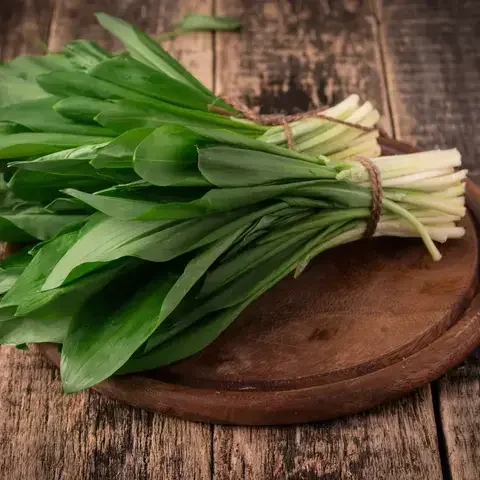US chef Paul Sorgule has years of experience working in kitchens, and his words will resonate with most industry professionals.
Here, the veteran chef reflects on what he has learnt from several decades in the industry and the school of hard knocks - from how you're only as good as your last dish and the strength of your team, to why you never really know it all.
If you're a chef, any more you'd add?
For the full post, see chef Sorgule's blog Harvest American Ventures.
***
As a chef, a few things I know ...
1. As much as I think I know about food and operating a kitchen there is so much more that I don’t know.
Just when we think that we might be good at our jobs – something new stares us down. A new technique, a new way to measure, a different type of presentation, a different challenge in operations, a higher cost, product unavailability, more competition to keep us on our toes – it is never ending. If nothing else, over the years, I have found that there is so much more that I don’t know.
2. I love to cook – always have, always will
This is something that I can always trust, the love of the craft, the enjoyment of working with the ingredients, the thrill of a well-prepared plate of food, and a smile on the face of the person who enjoys it.
3. What cooks and chefs do is meaningful.
I have always been able to look in a mirror and feel good about what I do.
4. As a chef I am only as good as my team.
My reputation as a cook and a chef is really my team’s reputation. I am nothing but a reasonably competent cook without them.
5. Training and supporting the kitchen team is my primary responsibility.
Yes, there are numerous lists of responsibilities that accompany a chef’s job description, but none is more important than investing in that team.
6. What I learned in school pales in comparison to what I learned on the job.
For a chef, there is no greater teacher than the school of hard knocks, the environment where each day we face the opportunity to succeed and the chance to fail.
7. Even the predictable is unpredictable in a kitchen.
We work with ingredient seasonality that challenges the value of a recipe without the understanding of how to compensate for variance in quality. We work with employees who have their own set of challenges on and off the job, so how they approach their job is always unpredictable. And we serve customers who also bring their challenges to the table – how they feel in the moment will impact their experience and the experience of serving them.
8. My reputation will always be based on the last meal served.
Hard as it may be to accept – 99 exceptional meals and 1 that misses the mark will not result in a grade of 99, but rather a failing one for that individual who was not happy.
9. My actions on and off the job impact the restaurant’s reputation.
The actions of the chef, like the actions of any manager, are connected by the general public, to the reputation of the restaurant. There is little room for error here. The chef is always an ambassador of the operation.
10. My actions set the tone for the working environment of the kitchen.
As a chef, I am (you are) the role model for others. This is not something that chefs tend to ask for, but it is the fact of the matter.
11. If I am not trusted then I have nothing.
Trust needs to be earned every day and can be lost in an instant. If you violate the unwritten pact of trust between co-workers, owners, or the general public then it is extremely difficult to regain it.
12. Mediocrity has no place in the kitchen – ever.
No matter how small or large the task, no matter if it is part of your job description of simply an everyday task that we tend to take for granted – excellence needs to be the goal.
13. Quality and consistency are the foundations of success.
Quality is the reputation of a chef. Quality is the reputation of the restaurant, and the consistency of that quality is what brings people back and what sets the stage for a chef’s career.
14. If any one of my cooks fails then I have failed as a teacher and mentor.
Keeping in mind that the primary responsibility of a chef is to train and support his or her cooks – if a cook is unable to execute or uncomfortable with the responsibilities assigned, if he or she fails to deliver a dish properly or present menus items as they were designed, it is a representation of how well or poorly the chef addressed training and mentoring. Point the finger at yourself before chastizing others for their mistakes.







